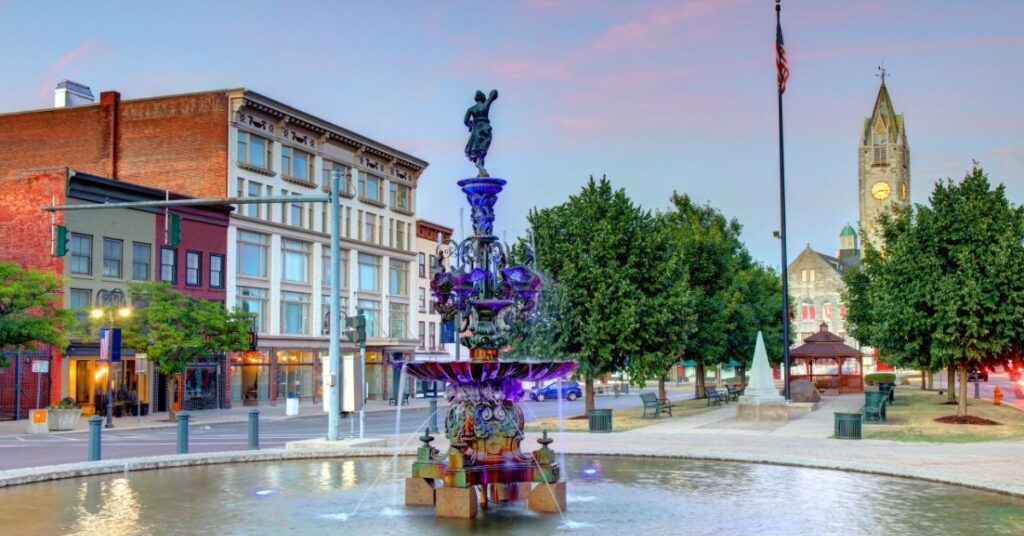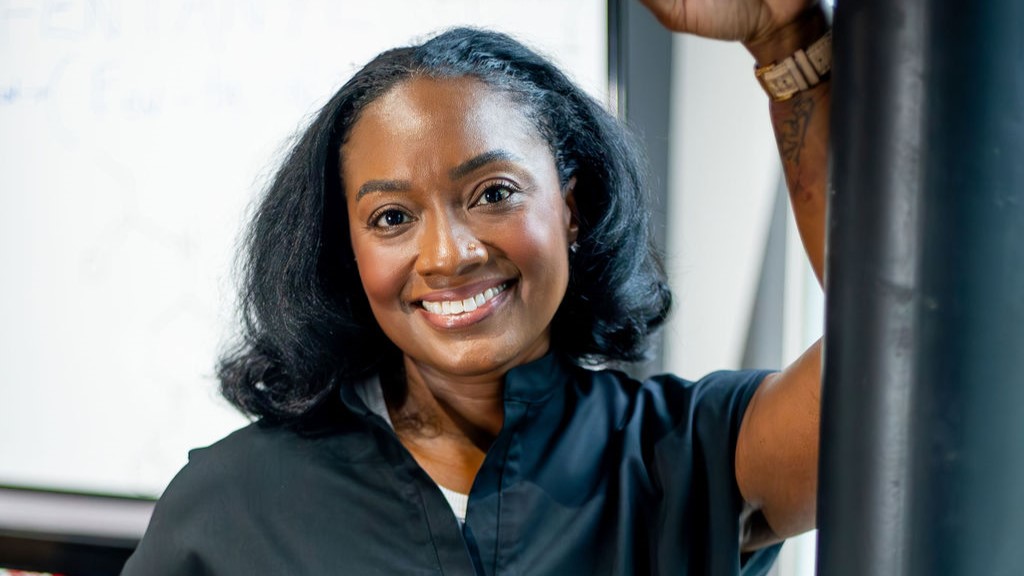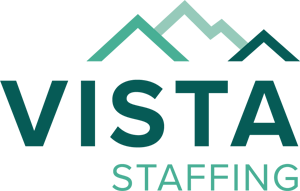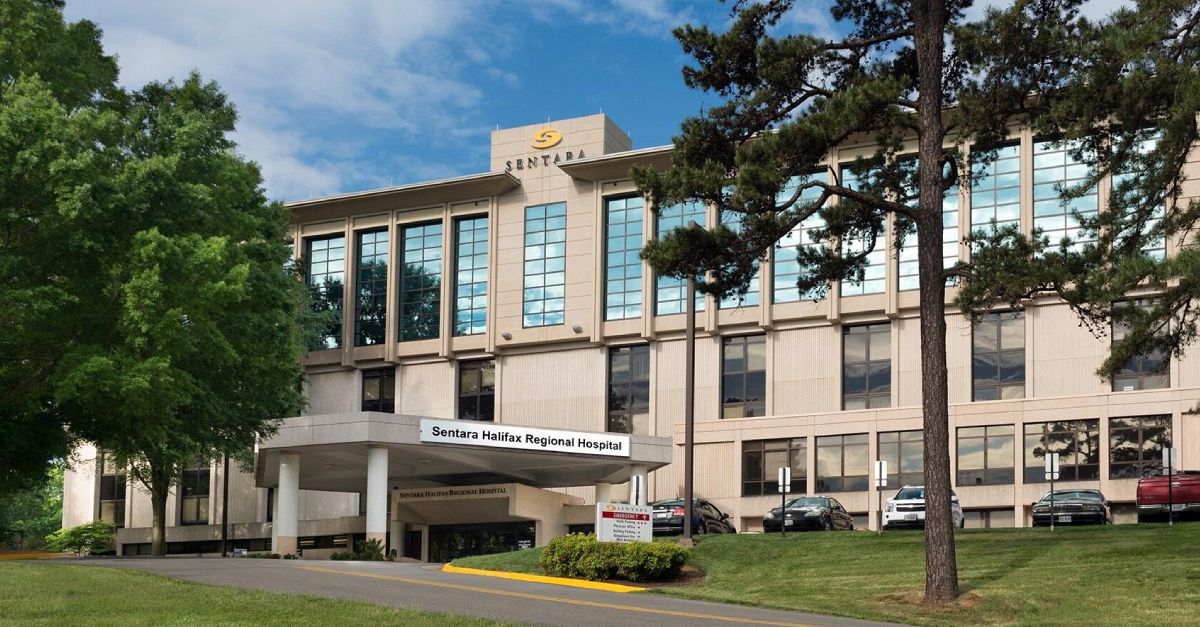
Why This Anesthesiologist Chooses Rural Underserved Medicine
We recently sat down with LaKesha Legree, MD, an anesthesiologist dedicated to rural underserved medicine who has taken travel assignments since 2018.
Dr. Legree practices with VitalSolution at Samaritan Medical Center, a 290-bed community hospital in Watertown, N.Y., about an hour outside Syracuse, N.Y.
In fact, you can often see her walking her French bulldog, Sir Pickles, in town after her shift.
Understanding the Challenges of Rural Underserved Anesthesiology
Q: What are some of the biggest differences between rural hospitals and urban or suburban ones?
Dr. Legree: Samaritan is unique in that it’s in a rural town with a small population, but it serves multiple communities.
From an anesthesiologist’s perspective, you may think that the pace is much slower in Watertown, but it isn’t. I used to work at St. Bernard in Chicago, located in an inner-city, impoverished neighborhood.
While Chicago is a large city, the volume at St. Bernard is low, yet the acuity is high due to the impact of socioeconomics on health status. Samaritan, although rural, is extremely busy.
Patients may travel over two hours to get here, but in general, they are healthier. The surprising difference is that because patients have to travel far for care, the facilities in rural areas are often busier.

A Day in the Life of a Rural Anesthesiologist
Q: How does the increased volume impact the way you practice?
Dr. Legree: I’ve been at Samaritan since January 2025, and there hasn’t been much downtime. As an anesthesiologist, you always need to be on your toes.
There are plenty of primary care providers and general surgeons, but when a patient comes from two hours away for routine surgery, computer systems often aren’t integrated.
The anesthesiologist is the first line of defense in learning about that patient’s medical status, so you might find out a day or two before surgery –or even a minute or two – that the patient has a cardiac or kidney issue.
Because there aren’t as many specialists in rural areas, you have to plan in advance about what you’re going to do if you can’t get in touch with a heart surgeon or other specialized surgeon. You can’t just pick up the phone and find the specialist on call because there isn’t one.
I think that perspective isn’t something that necessarily comes to mind when you’re thinking about being an anesthesiologist in a rural town.
In rural areas, similar to inner city areas, because the anesthesiologist dives so deeply into someone’s records before even just a basic surgery, we’re the first to catch something.
Samaritan serves Fort Drum U.S. Army base. A few months ago, a patient in his 30s who was an active soldier at the base came in for routine surgery.
During my evaluation, he mentioned that he’d been very tired and struggled to get through his workouts. Because he was young and fit, that was a red flag for me, so I listened to his heart.
His heartbeat sounded abnormal, so I ordered an EKG, then consulted with a cardiologist. He was ultimately diagnosed with hypertrophic obstructive cardiomyopathy, a potentially lethal heart arrhythmia.
Building Relationships in Rural Underserved Medicine
Q: So how do you prepare for the ‘what ifs’?
Dr. Legree: If you talk to enough anesthesiologists, they’ll tell you your worst-case scenario seldom happens, but the moment you haven’t prepared is when it does.
It’s important to get to know the hospital system that you’re working in, including the staff and surgeons.
Ask those important questions: Has XYZ ever happened before? What did you do in this situation? Who’s the nearest specialist in this field?
It requires building relationships, which is at the core of VitalSolution’s values. Our staff becomes embedded, allowing us to build those relationships and ask the necessary questions in advance.
The hospital and surgeons you work with appreciate that you go one step further than a typical contract or locum physician.
I try to ingratiate myself within the hospital community, but also ask questions so I know what resources are available outside the hospital walls.
The Rewards of Practicing Anesthesiology in Underserved Rural Areas
Q: Are there benefits to working in smaller facilities?
Dr. Legree: Definitely. Because it’s a small community and a smaller community hospital, it’s easier to build relationships.
People actually like each other and work well together. There’s no pretense; what you see is what you get.
At a big city hospital or academic medical center, there are so many people, and there’s a hierarchy. There are a lot of steps you have to take to get answers to your questions.
In a rural environment, you literally either pick up the phone and dial that person directly or you walk to their office.
There’s an open-door policy from the top to the bottom of the organization, whether it’s the C-suite or the manager of janitorial services. Everyone is accessible.
Q: And what about the benefits of the location when you’re not working?
Dr. Legree: Typically, rural towns don’t have a lot of stuff to do. It’s not like when I was in Chicago and could find several different types of restaurants in a short walk.
You have to get creative, which can mean either going to the grocery store and cooking for yourself or talking to locals to learn about the best places for pizza or the go-to Italian restaurant.
I enjoy trying new foods, so being here encourages me to step outside my comfort zone. And because I’m cooking more, it saves me money and allows me to simplify life.
VitalSolution provides a house for some of the physicians to share, so not only do I get to know my coworkers, but I feel like I’m part of the community.
Now, I take my dog for walks more often and talk to my neighbors. It’s kind of cute.
Q: What do you enjoy most about working at Samaritan?
Dr. Legree: It reminds me of my first job out of training at a private practice in Charlotte, North Carolina.
The other anesthesiologists and I were like family there. We got along really well, and although we were busy, the time went by quickly.
We laughed, we talked, we complained. It was a community in every sense of the word, and Samaritan is very similar.
Everyone is a joy to work with.
Q: What has surprised you most about working in a rural area?
Dr. Legree: I can’t say that I’ve been surprised by much.
Still, as an African-American female, it was a bit surprising to see splashes of other people who looked like me.
Usually, when I go to rural towns, I rarely see a minority person, and that can be uncomfortable when you’re not at work.
At Samaritan, it gives me goosebumps to see the smiles and hear the gratitude from people who don’t look like me, particularly in this political climate.
What I found here has pleasantly surprised me.
One of the most touching aspects of my work is when I have an African-American patient and they are shocked to see me. That shock usually turns into a sense of pride in me, a stranger. Some of them even say, “I don’t know you, but I’m glad to see you,” and I can’t stop smiling.

Advice for Anesthesiologists Considering Rural Underserved Medicine Roles
Q: Do you have any advice for an anesthesiologist considering taking an assignment in an underserved area?
Dr. Legree: From a female perspective, particularly as a mom, I don’t think I’ll ever go back to a traditional W-2 full-time position in a large city.
The scheduling rigidity leaves very little room to show up at your best for your children and for yourself.
But my experience in rural communities, particularly at Samaritan, is that because of the culture and the personalities and character traits of my partners that I work with, people are invested in me personally.
They ask about my daughter, we do favors for each other, and genuinely like each other.
What a rural community offers is a genuine sense of camaraderie; people genuinely care about you, and it motivates you to go the extra mile for them, and vice versa.
As a company, VitalSolution is committed to helping communities and hospital systems that don’t have the same resources as hospitals in larger cities.
This has become my personal mission, too.
I only want to work in rural areas because I know those hospitals are often short-staffed and have a greater need than those with more resources.
The company also places importance on educating patients and providers about topics such as heart health and mental health.
I want to align myself with a company that wants to make people’s lives better.
Consider a Career in Rural Underserved Anesthesiology
If you’re an anesthesiologist who has never considered rural underserved medicine, now is the perfect time to explore the rewarding opportunities waiting beyond the city limits.
Serving these communities offers a unique blend of professional challenge, personal growth, and meaningful impact far beyond the everyday work in more traditional settings.
Whether you’re seeking flexible assignments, a sense of camaraderie, or the chance to make a real difference in healthcare access, rural anesthesiology could be your next fulfilling career chapter.
Ready to learn more? Connect with us today to discover how you can bring your skills to rural and underserved communities and start changing lives—including your own.
 company
company 
 (866) 755-7519
(866) 755-7519











